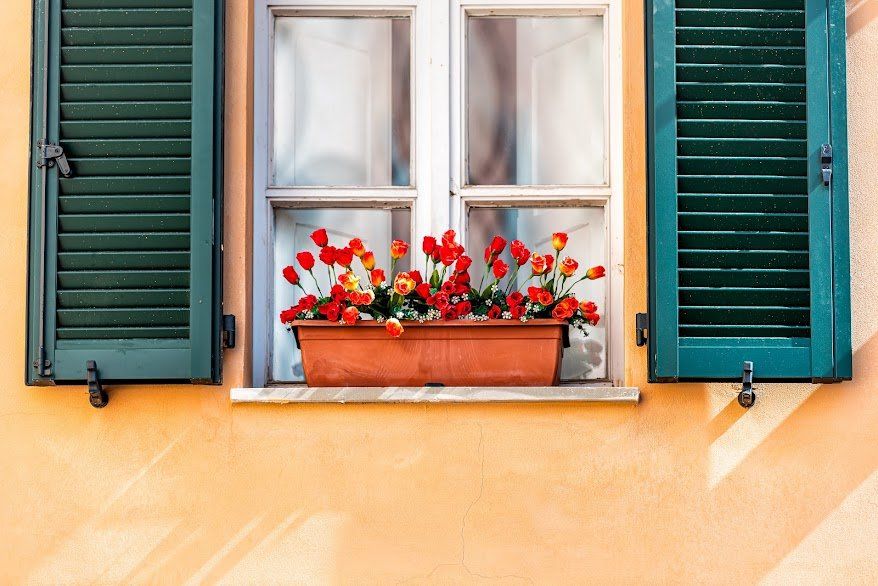Avid Gardener? A Guide to Window Awnings That Protect Plants

If you are an avid gardener, then you should learn about how adding window awnings to your home can help enhance and protect your landscaping. Not only do window awnings come in many attractive styles, colors, and designs that can complement your landscaping well, but they can also help protect some plant types from the outdoor elements that can take a toll on them.
Read on to learn what every avid gardener should know about window awnings, including how awnings protect outdoor plants and features to look for when installing awnings to protect plant health.
How Window Awnings Benefit Plants Under Them
After you install window awnings, they can benefit the plants under them in the following ways.
Protect Plants From Heavy Rain Flooding
When the soil surrounding plant roots becomes saturated with too much water, the soil oxygen content can plummet and inhibit plant respiration. Plant respiration occurs when plants displace oxygen in soil with natural gasses the plant creates, such as carbon dioxide, nitrogen, and methane. When plants cannot release these toxic gasses into the soil, they can decline in health or even die.
If plants underneath your windows tend to get too much water during heavy rain, then awnings can protect them from flooding and the plant detriment it can cause.
Keep Soil Moist Longer
If you instead find that the water you provide the plants under your windows tends to evaporate from the soil surface quickly instead of penetrating deeply into it, then you may struggle to keep these plants properly hydrated. Ideally, the soil surrounding a plant's root system should stay wet for about 2 to 4 hours for optimal plant health.
When you install awnings over your home windows, these awnings can block some of the sun's heat and direct sunlight that can cause quick evaporation of water from soil to help keep the soil surrounding your plants moist, longer.
Shield Plants from Too Much Sun Exposure
Too much sun exposure can harm plants in many ways aside from contributing to plant dehydration. When plants, including those that thrive on full sun exposure, are exposed to too much intense sunlight, molecules in the plants release damaging free radicals that can cause plants to die.
If the plants under your windows frequently wilt or develop brown or yellow leaves, which are often the first signs that a plant is receiving too much sun, then shielding them from excess sun exposure with awnings can prevent further plant health decline.
Awning Features That Offer Plant Protection
You have many window awning designs and material options to choose from. To ensure your awnings protect your plants from the outdoor elements well, look for awnings that have the following features:
- UV-blocking material. While aluminum awnings can protect plants from too much direct sunlight well, acrylic, laminated, and coated mesh fabric awnings also help block the sun's strong UV rays to encourage plant health.
- Sturdy, weatherproof frame. A strong frame that supports your awning material well is important for plant protection. Aluminum frames are strong, yet lightweight and corrosion-resistant. Galvanized steel frames offer a heavier, yet stronger frame option that may be better for areas of the country that experience strong winds.
- Optional retraction feature. While stationary awnings protect plants well, opt for retractable awnings if you would like greater control of how much sunlight and rain your plants obtain; you can retract these awnings when you think that a few extra hours of sun exposure or the extra water a rainfall provides could benefit the health of plants under the awnings.
Your awning installation expert can advise you of which window awning size is best for your needs and how the angle of each awning will affect how much direct sunlight hits the plants under your windows.
If you are an avid gardener and find that the plants under your home windows tend to experience poor health due to too much sun exposure or rain, then consider installing window awnings to protect these plants from the outdoor elements that can take a toll on them. Contact the awning experts at Lexington Tent & Awning Company for expert residential window awning installation today.
122 Eisenhower Ct., Nicholasville, KY 40356
- Mon - Fri
- -
- Sat - Sun
- Closed





